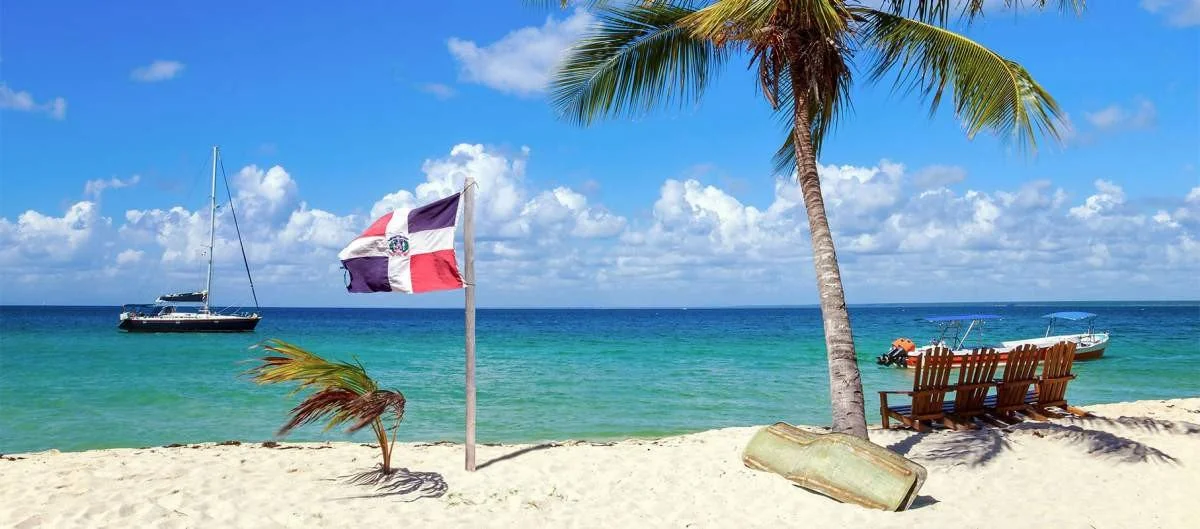The Development Bank of Latin America (CAF) has created a Tourism Directorate based in Santo Domingo to support its member countries in harnessing their tourism potential as a driver of development and employment. The newly operational department of CAF places significant emphasis on environmental, social, cultural, and economic sustainability, as well as innovation, regeneration, and inclusion, according to a statement released by the institution.
Sergio Díaz-Granados, the Executive President of CAF, highlighted the growth potential of the tourism sector and the synergies that can be fostered through this new direction. He sees it as a valuable contribution to sustainable development and integration among partner countries by leveraging tourism as a key sector for job creation and foreign exchange generation. CAF aims to collaborate with the public and private sectors in Latin America and the Caribbean to promote a robust agenda that supports tourism and its positive impacts.
Oscar Rueda García, a lawyer from Javeriana University in Bogotá with a master’s degree in Spanish-American Literature from the University of Barcelona, has been appointed to lead the Tourism Directorate. Rueda García brings a wealth of experience in the tourism industry to his new role.
CAF, founded in 1970 and comprising 21 member countries (including 19 from Latin America and the Caribbean, as well as Spain and Portugal), along with 13 private banks, serves as a key source of multilateral financing and knowledge generation for the region. The establishment of the Tourism Directorate further strengthens CAF’s commitment to supporting sustainable development and regional integration.
The Development Bank of Latin America (CAF) has created a Tourism Directorate based in Santo Domingo to support its member countries in harnessing their tourism potential as a driver of development and employment. The newly operational department of CAF places significant emphasis on environmental, social, cultural, and economic sustainability, as well as innovation, regeneration, and inclusion, according to a statement released by the institution.
Sergio Díaz-Granados, the Executive President of CAF, highlighted the growth potential of the tourism sector and the synergies that can be fostered through this new direction. He sees it as a valuable contribution to sustainable development and integration among partner countries by leveraging tourism as a key sector for job creation and foreign exchange generation. CAF aims to collaborate with the public and private sectors in Latin America and the Caribbean to promote a robust agenda that supports tourism and its positive impacts.
Oscar Rueda García, a lawyer from Javeriana University in Bogotá with a master’s degree in Spanish-American Literature from the University of Barcelona, has been appointed to lead the Tourism Directorate. Rueda García brings a wealth of experience in the tourism industry to his new role.
CAF, founded in 1970 and comprising 21 member countries (including 19 from Latin America and the Caribbean, as well as Spain and Portugal), along with 13 private banks, serves as a key source of multilateral financing and knowledge generation for the region. The establishment of the Tourism Directorate further strengthens CAF’s commitment to supporting sustainable development and regional integration.

